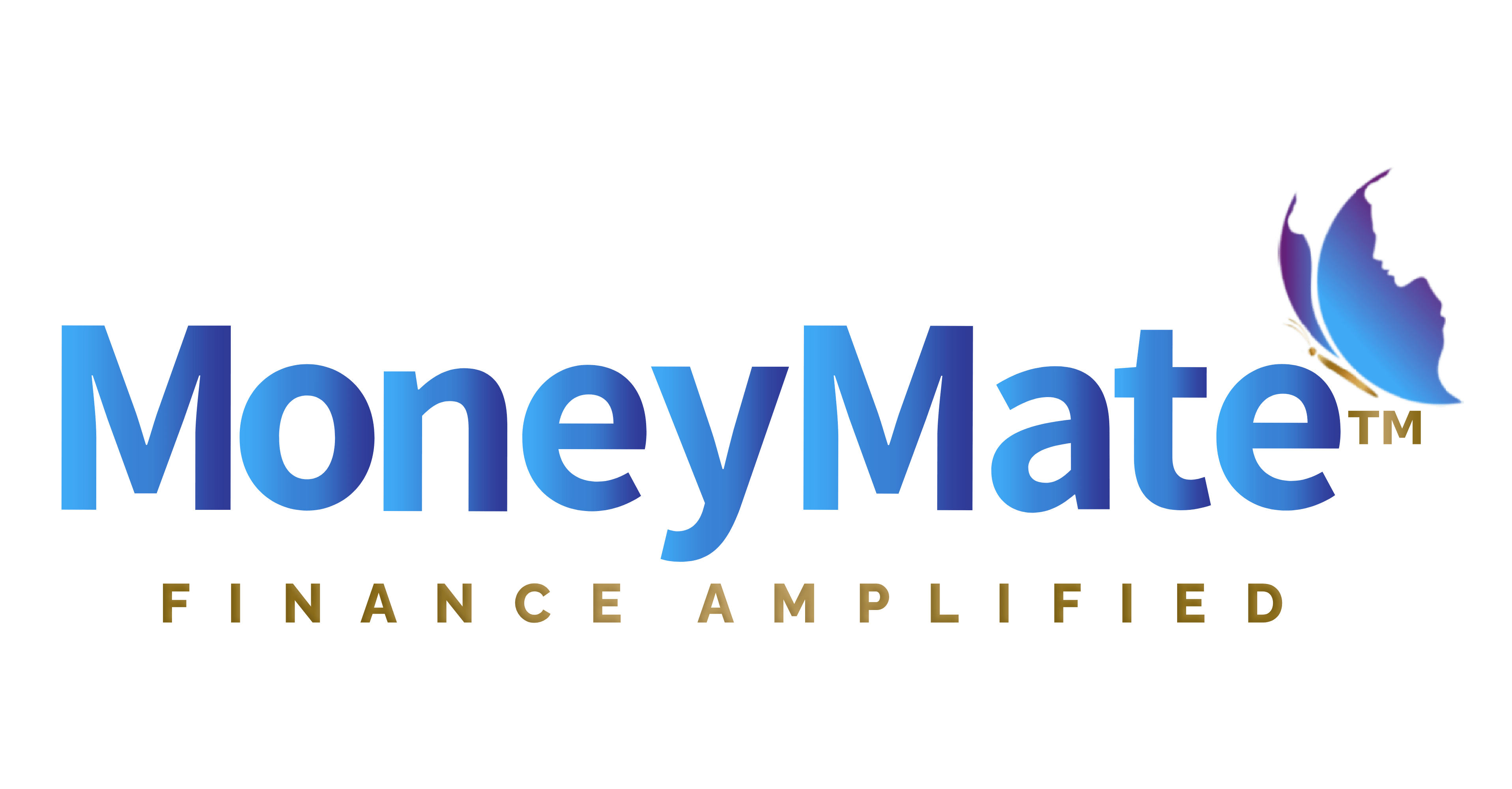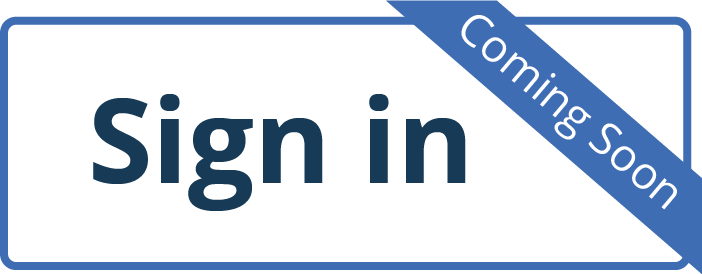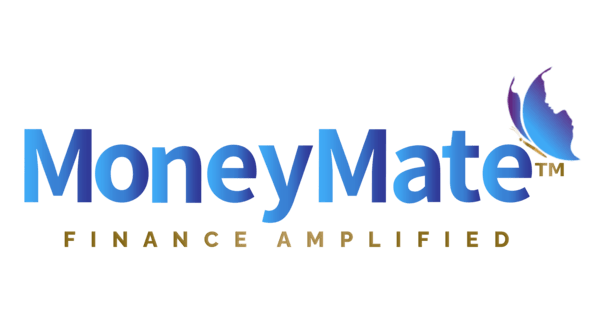Preparing for Retirement as a Small Business Owner
Small business owners carry the responsibility of retirement planning. If you have employees, you may consider retirement planning for them,but it is also important to ensure retirement planning for yourself. The avenues in which you decide to pursue for retirement is paramount to your future finances.
Retirement Strategies
There are options for small business owners.Let’s discuss two options and the steps to take:
- IRA Plans- Two types of IRAs for small business owners are SEP IRA, and SIMPLE IRA. The SEP IRA is for small business owners who have at least one employee. Contributions are tax-deductible for eligible employees. Owners are also considered employees, which allows the business to contribute on your behalf. The SIMPLE IRA option is for small business owners who have 100 or fewer employees.The SIMPLE IRA is also tax-deferred.
- Self-Employed 401(k)- This is ideal for a self-employed business owner who does not have employees. This type of retirement option is funded by the business and contributions are pre-taxed. You the owner cannot withdraw without penalty from the plan until you turn 59 and a half years old, the plan is terminated, or another qualifying event occurs. You can roll your self-employed 401(k) into another 401(k) or an IRA.
Retiring as a Small Business Owner
You should start by deciding what life will look like in retirement.Details such as where you will live, and what costs you will incur monthly will determine life during retirement. Next you should create a plan that will include the important details to smoothly transition into retirement. Be sure to include where money will be allocated to as it accumulates in your business account. Typically, retirement income is fixed so you must be sure to choose a retirement plan that will accommodate the life you are planning for.
Choose the retirement plan that will fit your future lifestyle. If you start contributing early, you will accumulate funds over a longer period increasing your retirement account balance. You can aggressively plan by putting funds into accounts attached to the stock market such as a Roth IRA. You can lower your exposure to risk by putting funds into accounts that gain interest such as money market accounts or Certificate Deposit (CD accounts).
Your Business Exit Strategy
Your business exit strategy should be a part of your retirement plan. This means you will have to prepare for it to function without your leadership. The successor to the business should be equipped to take over and run the daily functions smoothly. Consider things like the current market, your business model, and the products or services you provide when searching for someone to acquire your business.
Small business owners sometimes take retirement planning for granted. Whether you plan to retire fully and exit your business or plan to continue functioning as the owner operator, you should establish a retirement plan as early as possible.
Source:
Fontanelle, Amy. 2021, Investopedia, Retirement Strategies for Small Business Owners. <https://www.investopedia.com/articles/personal-finance/120314/top-retirement-strategies-small-business-owners.asp>




